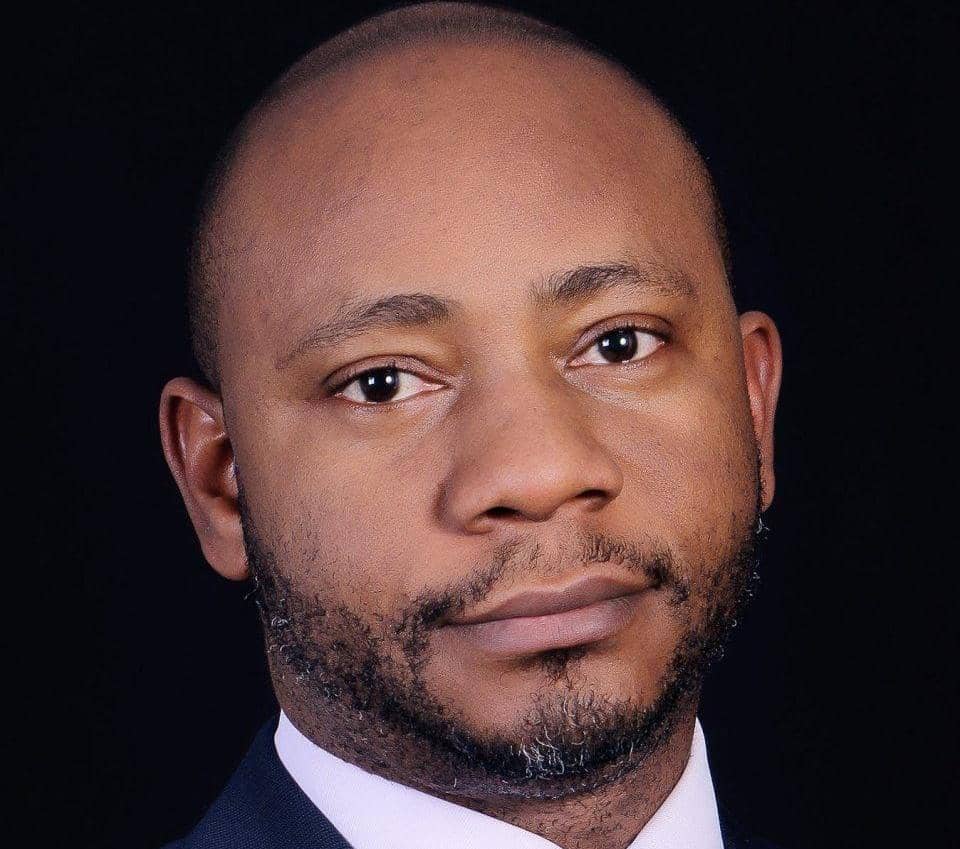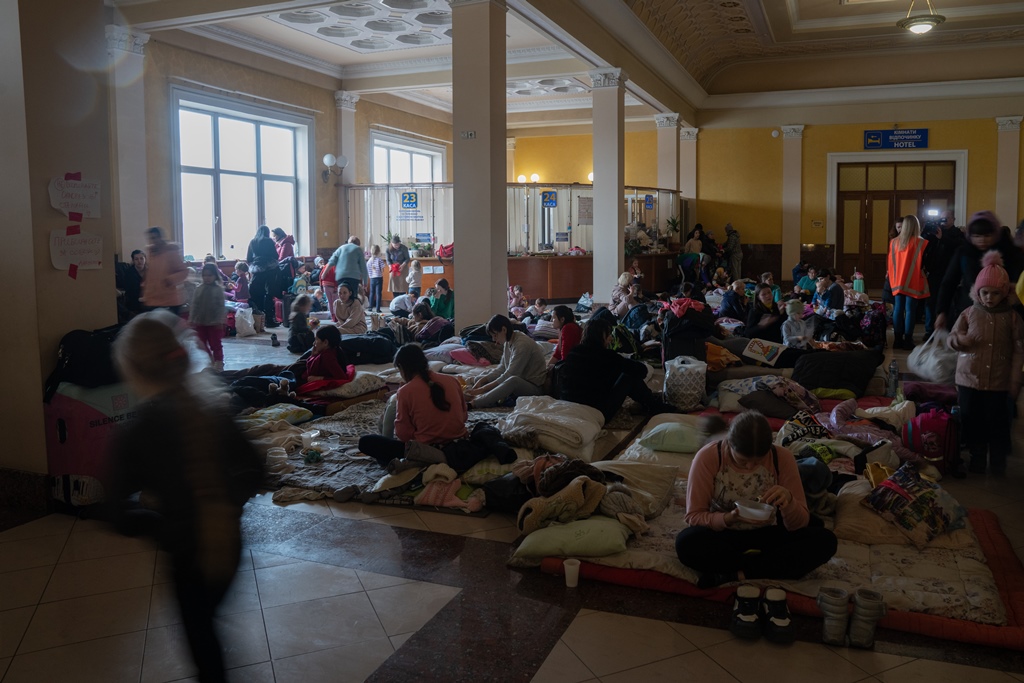Jibril Abdulmalik, consultant psychiatrist and founder, Asido Foundation — a not-for-profit charity organisation which focuses on mental health advocacy — speaks with TheCable’s RITA OKONOBOH on how abuse affects women psychologically and what can be done to break free.
What are the most significant effects of domestic violence on a woman’s mental health?
It damages self-esteem, causes anxiety, depression and some people turn to drug abuse to make themselves forget the trauma that they are going through. Some even become suicidal. It also causes post traumatic stress disorder (PTSD), which is a situation in which they have a lot of nightmares, flashbacks and they live in a heightened level of anxiety. They are hyper-vigilant and afraid of it occurring again. And when vivid flashbacks of previous episodes occur, it terrorises them even when it isn’t happening now. We call that PTSD.
Is psychological abuse worse than physical violence?
Advertisement
In some instances, yes, because it damages the sense of self-worth — the sense of self esteem. When someone critically hits at you and makes you doubt yourself and make you unsure of your worth and disparages you consistently, it has a long-term negative impact on our sense of self-worth and anxiety levels, leading to depression and even suicidal behaviour. So, everything you can have with domestic violence or abuse, you can also have with psychological abuse, even when there is no physical abuse. So, many times, because it is invisible, people tend to underestimate it. But sometimes, it is even more deadly than physical abuse.
Do women that are affected ever get better?
Not everybody that is affected will suffer negative mental health consequences. And our levels of resilience vary from person A to person B. Some people would brush it off and would be none the worse. Some other people, without intervention – when I say intervention, I mean health professionals providing intervention — it would have long-lasting impact on them that would continue to hold them back and make them suffer for many years after the situation has stopped. So, in some instances, there is a need for professional help. By and large, everybody can get better but some need professional help to get better.
Advertisement
Why do women sometimes find themselves excusing violent behaviour?
Well, it’s because there’s also some form of emotional blackmail. You hear ‘oh, it’s because I love you so much; it’s because I’m jealous; it’s because I care so much for you; I care too much.’ In some way, they guilt-trip them. There’s also what is called the Stockholm syndrome, where one develops some sort of emotional attachment to the individual who is actually harmful. So, it’s very clear psychologically that there are many instances in which the individual would make excuses saying ‘Oh, he didn’t mean it; he loves me; it’s because of his anger.’ Some of these individuals are also very manipulative. When they have carried out the abuse, they then show a lot of affection and care so the person feels loved in the aftermath. It then becomes a very confusing maze for the person on the receiving end to navigate without professional help and external social support. And in instances in which the abusers are manipulative, they will make sure that they alienate you from your social support network so that you are really vulnerable to their manipulative behaviour.
How can people within such environments leave?
If you’re caught in this sort of situation, you will need professional help from clinical psychologists, psychiatrists, social workers. You can also reach out to NGOs that provide support for survivors — we don’t want to use the word ‘victims’ — of abuse. It also helps when you have a strong social support system — friends, family members who have not abandoned you. They are there for you and help you to see what you are no longer seeing at that time. And then, if you have a timeout like moving out of the house or going somewhere to clear your head, that also helps. So, in instances where there are mind games involved, there is a need for intervention by mental health professionals, NGOs or CSOs that provide health and support, social workers with experience, then your loved ones that can take you out of that situation.
Advertisement
In what ways can society, religious institutions, government help?
Clerics, especially, are more likely to keep encouraging people to be patient. But when we have situations in which a partner is not willing, or has anger management problems, patience on the part of the person suffering is not helpful. The person with anger management issues needs to go for therapy. And there needs to be legal consequences. Prayers and emotional blackmail are not very helpful. We tend to spiritualise the failings and failures of spouses and we don’t allow them to face consequences. That is not helpful. So, clerics have a big role to play to emphasise that there is zero tolerance for intimate partner violence — whether it is physical, emotional or psychological. They should use the pulpit to preach against it and ensure zero tolerance for it.
For community leaders, women, especially elderly women – our mothers — need to stop telling women to be patient when their husbands are irresponsible and misbehaving. It isn’t helpful. It also starts from social acculturation. From childhood, we allow boys to play football and we tell the girls to work in the kitchen to be able to look after their husbands. But nobody is teaching the boys how to treat women when they grow up to become men or husbands. So, we give them a free pass when they misbehave and say ‘boys will be boys’. But when a girl misbehaves, we have zero tolerance for it.
So, from childhood, we should start changing the mindset. We should not just be bringing up responsible girls to become responsible wives, we should also bring up responsible boys to become responsible husbands. Otherwise, it would be the irresponsible boys that would become irresponsible men that will marry the responsible women and make their lives hell.
Advertisement
The government, in terms of legislation and law enforcement agencies, needs to ensure that people get redress when these things happen. The media also has a big role to play in sensitising and educating the populace about the evils of domestic violence.
Advertisement
Add a comment






